India and Canada experienced a significant deterioration in their diplomatic relations this week after Canadian Prime Minister Justin Trudeau accused India of involvement in the killing of a Khalistani separatist leader Hardeep Singh Nijjar in the country.
As a fallout, both the countries decided to expel each other’s senior diplomats and India even imposed temporary visa restrictions on Canadian citizens.
This latest rift comes after India voiced strong concerns about the increasing activities of Khalistani separatist groups on Canadian soil.
When Prime Minister Narendra Modi raised the issue with Canadian PM Justin Trudeau on the sidelines of the recent G20 Summit in Delhi, Trudeau chose to defend Khalistanis.
PM Modi told Trudeau that Khalistanis are promoting secessionism and inciting violence against Indian diplomats, damaging diplomatic premises, and threatening the Indian community in Canada and their places of worship while being in nexus with drug and human-trafficking syndicates.
Refusing to acknowledge the problem, Trudeau said his country will always defend the freedom of peaceful protest. He chose to call protests that enact assassination of former Indian PM Indira Gandhi, display AK-47s and glorify violence and terrorism as peaceful.
He also said that the whole Sikh community can’t be blamed for the actions of a few, but also refusing to commit to take action against those few.
Quick Reads
View AllCanada has consistently disregarded India’s pleas for the safety of its missions and citizens within Canada. The Canadian government has failed to adequately address issues related to anti-India sentiment, attacks on temples, and Indian missions. Regrettably, they have not taken substantial steps to bring the perpetrators to justice.
This inaction by Canadian authorities concerning anti-India activities is not a recent occurrence.
Canada has a history of failing to respond to the terror activities of Khalistani groups. One notable example is the 1985 Kanishka bombings, which can be attributed to the Canadian government’s and its intelligence agency’s shortcomings.
1985 Kanishka bombings
On 23 June, 1985, Air India flight 182 experienced a catastrophic mid-air disintegration during its journey from Canada to India, resulting in the tragic loss of all 329 individuals on board. This heinous act of mass murder was meticulously planned by Sikh extremists during the peak of the Khalistan movement, making it one of the deadliest acts of aviation terrorism prior to the events of 11 September, 2001.
For months leading up to the fateful day, Indo-Canadians had been cautioning against taking Air India flights with the repeated refrain, “Air India ki flight mat lo” (Don’t take an Air India flight). The Khalistani sentiment had a firm hold within a segment of the Sikh community in Canada, as evidenced by the recent celebration in Brampton following the assassination of former Indian Prime Minister Indira Gandhi.
The history of communal hatred associated with this incident continues to inflict pain upon the broader Sikh community in Canada. Many individuals in the country are still haunted by the horrors of the Air India flight bombing and its aftermath.
There were persistent rumors circulating among the Indian diaspora in Canada for months, hinting at an impending major event. Signs and indications were visible, but unfortunately, no one paid close attention.
Eventually, the whispers grew loud enough to reach the Indian Intelligence Bureau’s ears. On 1 June, 1985, they dispatched a telex to both Canadian authorities and the Air India administration, urging them to enhance security measures in light of the potential airplane attack by Sikh extremists.
Grave security lapses
However, even more troubling, in the days leading up to the bombing, Canadian intelligence operatives, who were monitoring Talwinder Singh Parmar, the founder and leader of the terrorist group Babbar Khalsa International (BKI), heard what sounded like an explosives test conducted by Parmar in a forest. Regrettably, they dismissed it as a mere “gunshot” and terminated their surveillance the very next day.
Security measures were also found wanting. Sniffer dogs were conspicuously absent from Canadian airports, as they were all attending a training session in Vancouver.
On the day of the flight, X-ray screens at Toronto’s Pearson Airport mysteriously “broke down.”
Moreover, an individual by the name of Manjit Singh checks in for a Canadian Pacific (CP) flight from Vancouver to Toronto at 3:30 pm. UTC (6:30 am PT).
He asks the agent to ensure his suitcase is transferred to Air India Flight 182, which is leaving Montreal the following day. The agent initially hesitates, since Singh’s seat on the CP flight is not confirmed, but eventually allows the bag through.
Nearly three hours later, CP Air Flight 60 leaves for Toronto. Singh is not on board.
It was in this bag that the bomb was planted on Flight 182, a Boeing 747 known as ‘Emperor Kanishka’.
The flight arrives in Toronto at 8:22 pm and various passengers and baggage is transferred to Air India Flight 182, which is bound for the UK.
Although handheld sniffers, designed to detect explosives, did indeed beep near the bag, security personnel were not adequately trained to interpret the signal, allowing it to pass through.
Perhaps the most damning revelation of all was made by James Bartleman, then the head of Canada’s intelligence bureau. He had access to a highly classified Communications Security Establishment (CSE) document, which indicated that Sikh extremists would target the weekly Flight 182.
When he brought this information to the attention of an RCMP official, he was met with a hostile response and was informed that the matter was already under investigation. When he later testified about this in court, Canadian authorities made concerted efforts to discredit him.
The John Major Commission, established in 2006 by the Canadian government to investigate the bombing and the roles of intelligence and police, meticulously documented these grave lapses in its 2010 report.
This report sharply criticised Canadian authorities for the “cascading series of errors” that culminated in the largest “mass murder” in Canadian history and one of the most significant terrorist attacks on an airplane.
Over the years, critics have pointed to racial bias and negligence within Canadian authorities as contributing factors. This perceived indifference also informs the Canadian government’s current approach to Khalistani supporters.
Despite multiple individuals being arrested and tried for the 1985 bombing, including Talwinder Singh Parmar, only one person, Inderjit Singh Reyat, was convicted and sentenced to 15 years in prison.
Some others linked to the Kanishka bombing were allowed to reintegrate into society and were seen as having close ties to Canadian officials.
With inputs from agencies


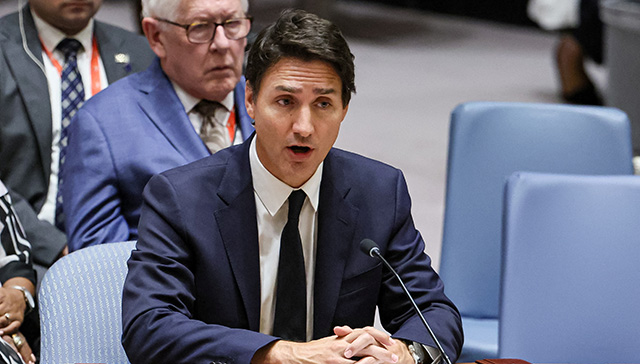)
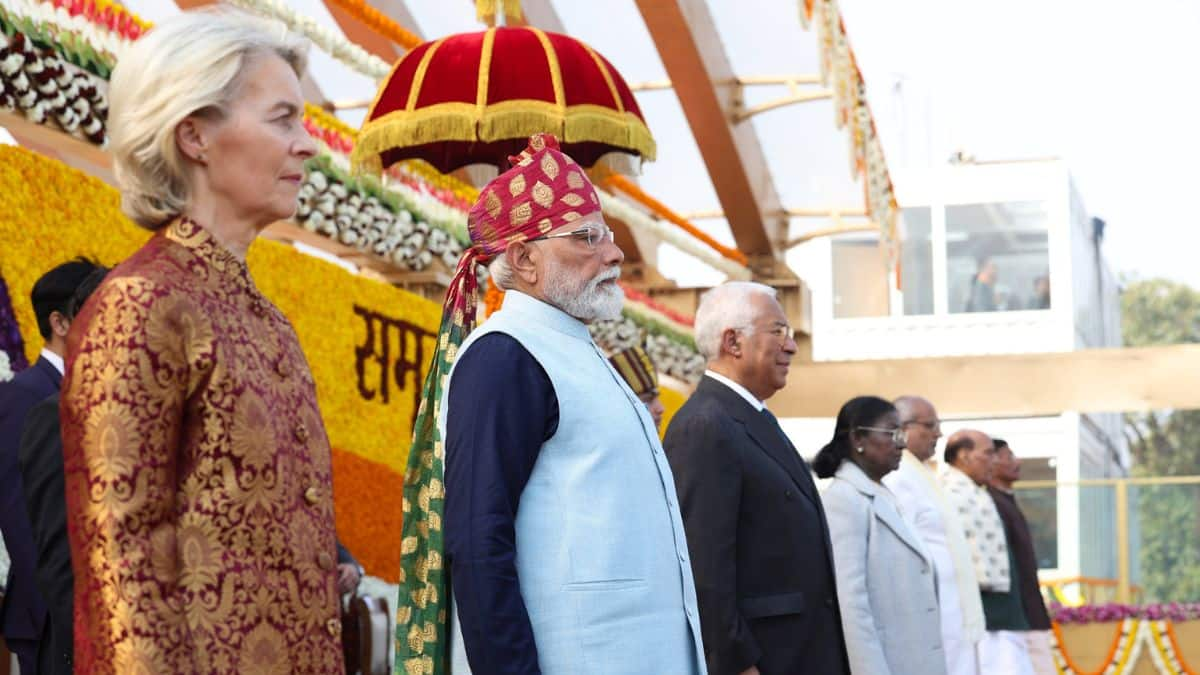
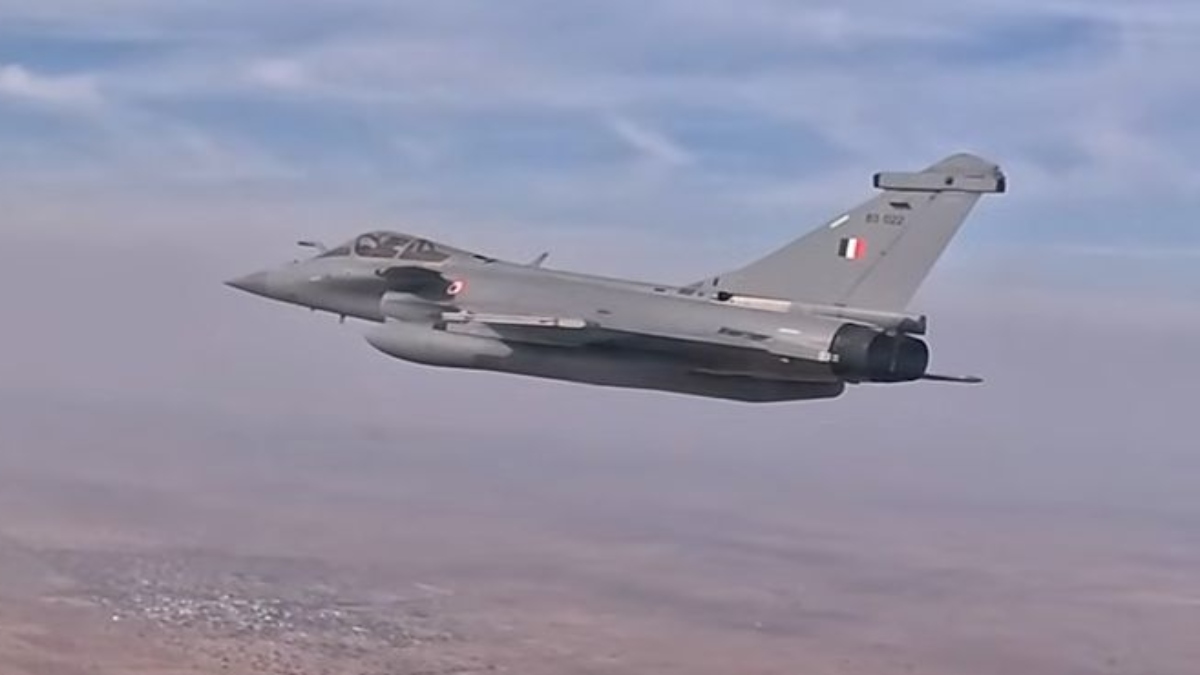)
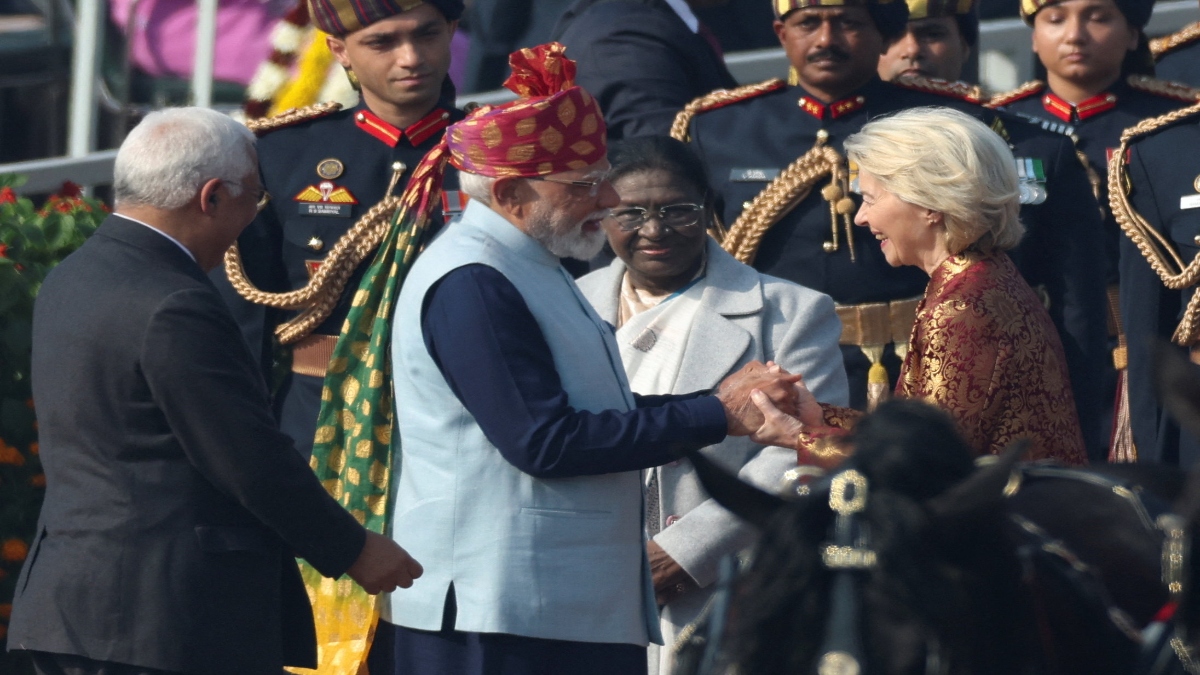)
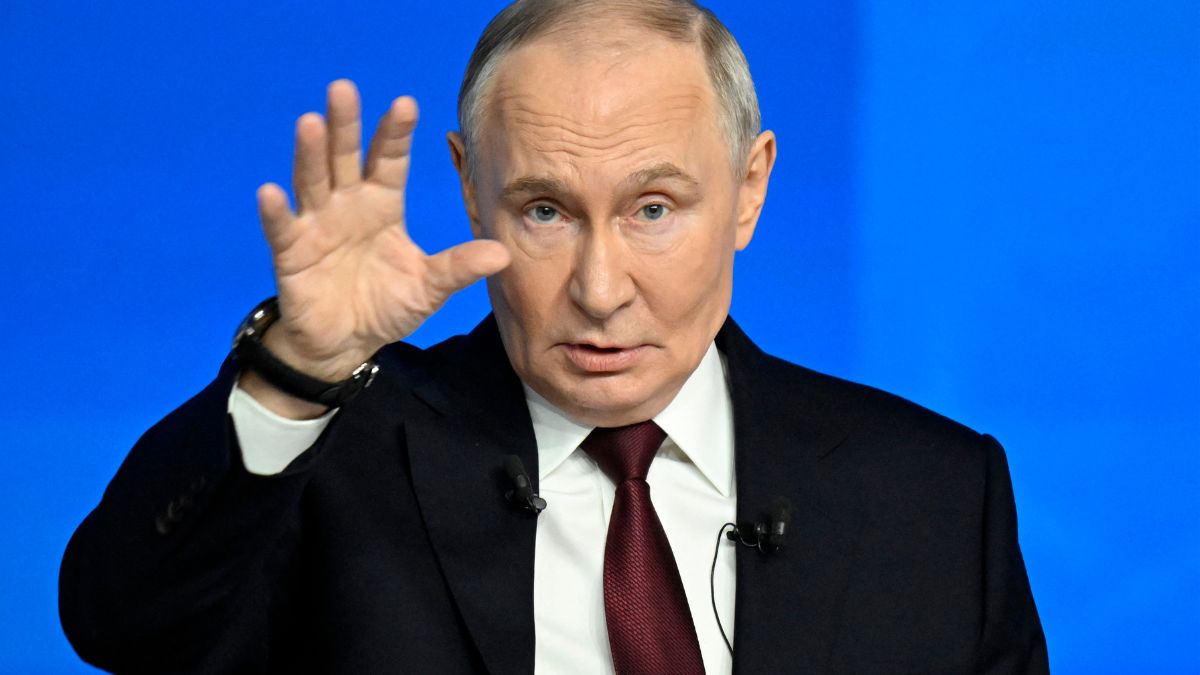)
)
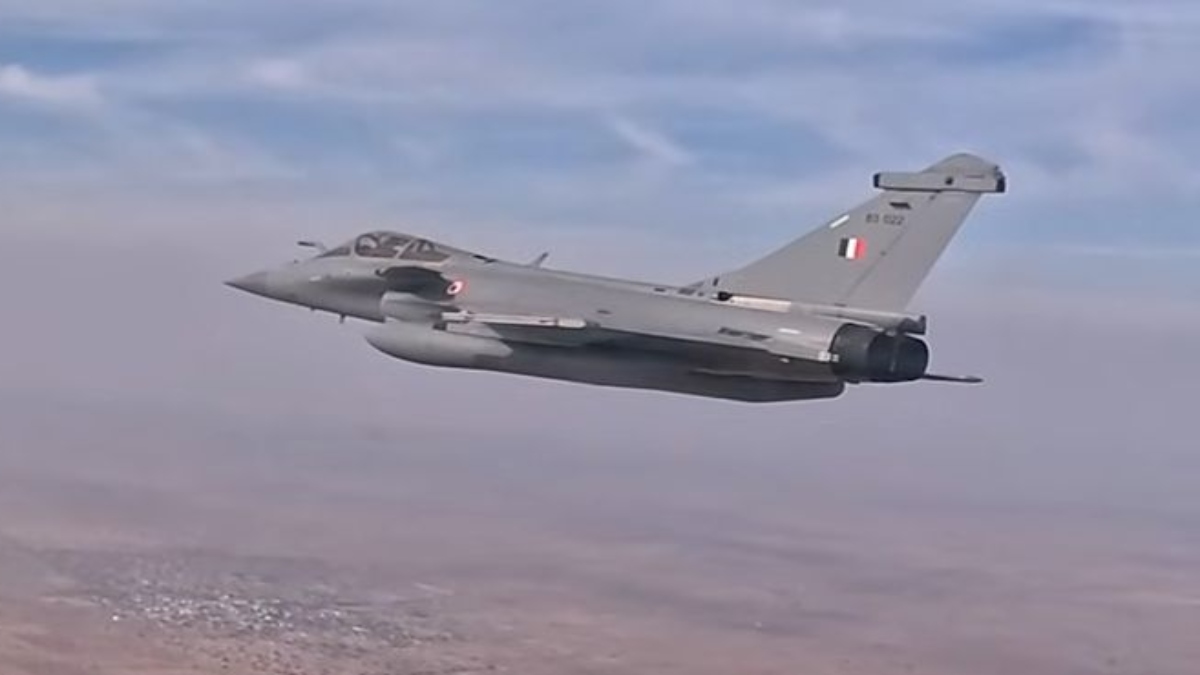)
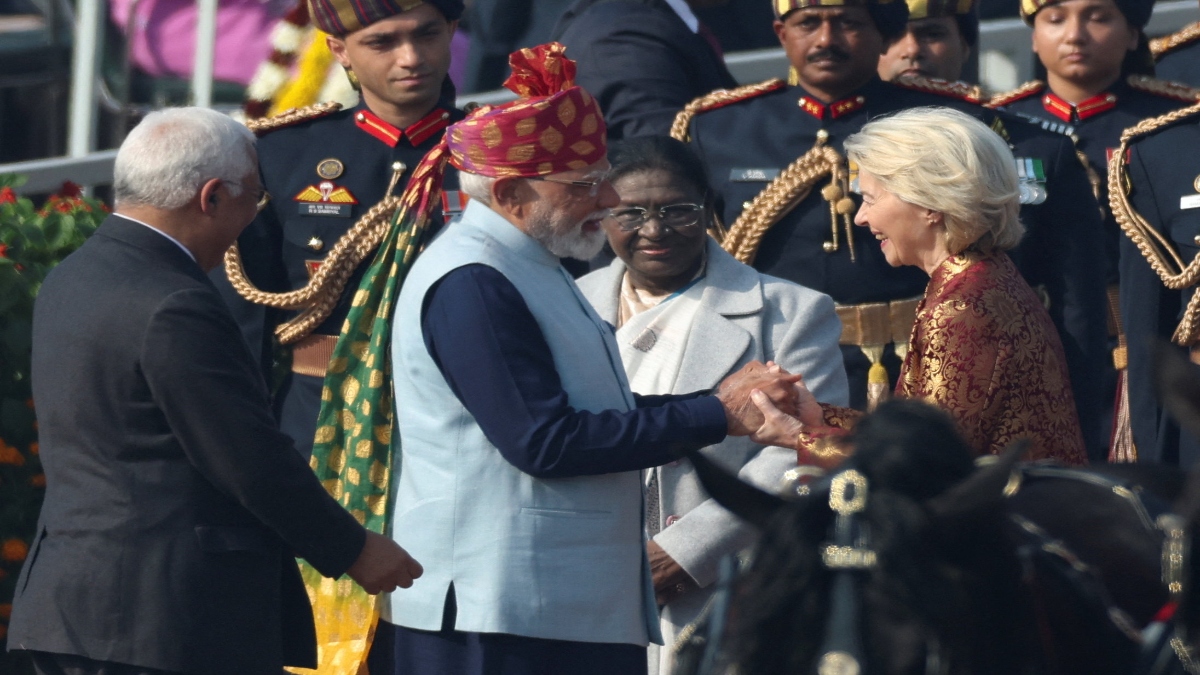)
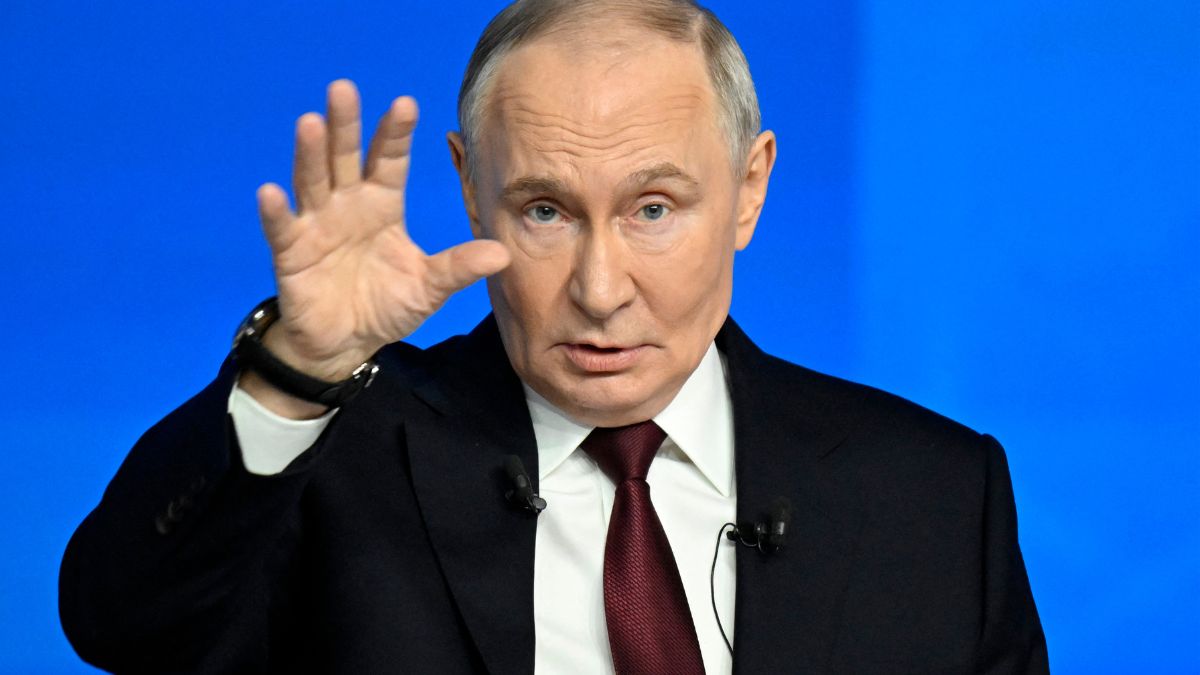)
)



